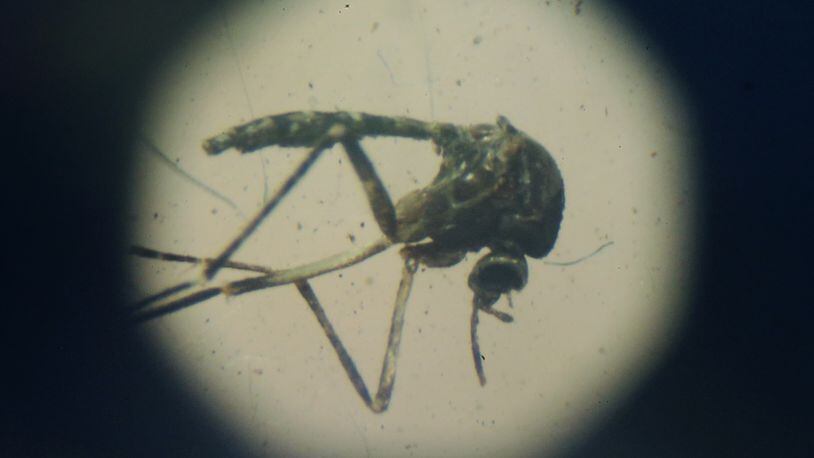A Mason County man in his 20s is the first person to test positive for Zika virus in Washington state, health officials said Monday.
He recently traveled to the South Pacific before returning to Washington, state Department of Health staff said. People who've returned from Zika-affected areas who are pregnant or having symptoms of Zika illness are advised to contact their healthcare provider.
"Because many people travel to and from places where Zika is spreading, we've been expecting to have imported cases of Zika virus disease," Dr. Scott Lindquist, the state DOH's epidemiologist for communicable diseases, said in a statement.
"While the Zika virus is of greatest risk to pregnant women, it is understandably concerning to many of us. The good news is this virus spreads through the bite of a type of mosquito we don't have in Washington state, so it is very unlikely that this virus would spread widely here."
There is no vaccine to prevent Zika virus disease and no specific medical treatment for people who are infected, according to the DOH.
Health officials "urge anyone considering traveling to countries where the virus is circulating to be aware of the need to protect themselves and others from mosquito bites," according to a DOH statement.
>> Related: How to prevent the Zika virus infection
"Pregnant women are encouraged to delay their travel, if possible, and to take mosquito bite prevention very seriously if they must travel to an area where mosquito-borne diseases are circulating. The mosquitoes that transmit Zika virus are daytime biters, so it is important to apply prevention measures throughout the day as well as during the evening hours."
In Oregon, in an unrelated case, health officials confirmed on Feb. 10 that one woman was diagnosed in with the virus. She contracted it when in an affected country outside the U.S., and she has recovered.
Most cases of Zika virus in the U.S. have involved travelers who have returned from areas where Zika is being locally transmitted. With the virus exploding in those hot spots, the number of Zika cases among travelers returning to the U.S. will likely go up.
These imported cases could lead to the virus being spread locally.
>> Related: CDC advises pregnant women not to travel to these countries
According to Dr. Jeff Duchin, with King County Public Health, an infected person in the U.S. can transmit Zika if the mosquitos that carry the virus exist.
But he says the southern U.S. is more at risk.
"A mosquito bites someone who has the infection and then bites someone else, so you need to have a lot of mosquitoes out there to transmit infection," he said previously.
